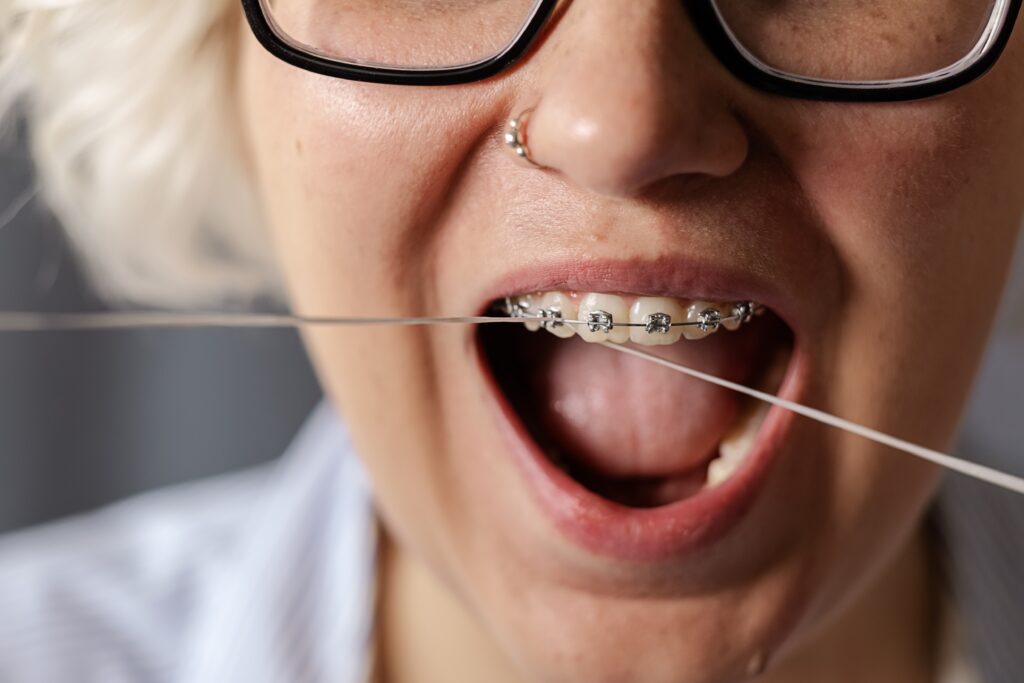Caring for Dentures: Best Practices for Seniors

For seniors who rely on dentures, these appliances are more than just tools for eating; they are vital for maintaining quality of life, social confidence, and overall oral health. Proper care of dentures is essential to ensure their longevity and functionality while preventing discomfort, infections, or oral health complications. Neglecting denture care can lead to bad odors, plaque buildup, or even gum irritation and infections. By incorporating simple daily habits and following professional advice, seniors can ensure their dentures remain in excellent condition for years, promoting a healthier and more comfortable lifestyle.
Best practices for denture care

Daily cleaning with specialized products
1. Use a denture brush and non-abrasive cleaner to remove food particles and plaque.
2. Avoid regular toothpaste, as it can scratch the denture’s surface.
Soak dentures overnight
1. Keep dentures in a denture-cleaning solution or plain water to prevent them from drying out. 2. Never use hot water, as it can warp the material.
Remove dentures before sleeping
This allows the gums to rest and reduces the risk of infections or irritation.
Brush your gums and tongue
Even without natural teeth, cleaning the gums and tongue is essential to remove bacteria.
Visit the dentist regularly
Schedule check-ups to ensure the dentures fit well and to screen for any oral health issues.
Oral Health and Overall Wellness in Seniors
Oral health is vital for seniors, as it impacts overall well-being and can affect chronic conditions like heart disease and diabetes. Proper care prevents infections, supports nutrition, and improves quality of life.

Tips to maintain oral and overall health
Brush and floss daily
Use a fluoride toothpaste and clean between teeth with floss or interdental brushes.
Stay hydrated
Drink plenty of water to combat dry mouth and maintain saliva production.
Eat a balanced diet
1. Focus on nutrient-rich foods like fruits, vegetables, lean proteins, and whole grains.
2. Avoid excessive sugar, which increases the risk of cavities.
Schedule regular dental visits
Check-ups are essential to identify early signs of gum disease or other issues.
Address any oral pain immediately
Don’t ignore pain or discomfort, as it may indicate an underlying issue.
